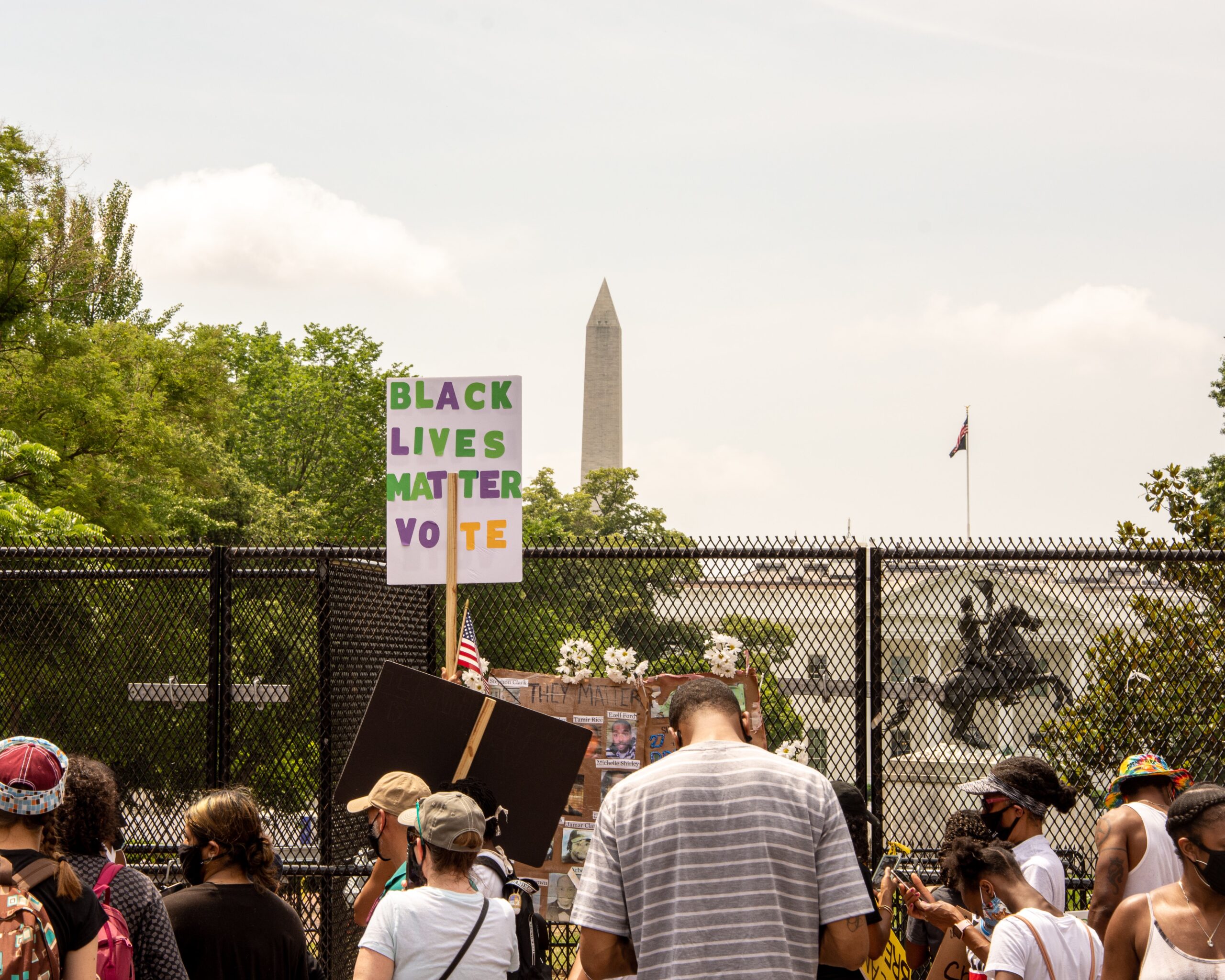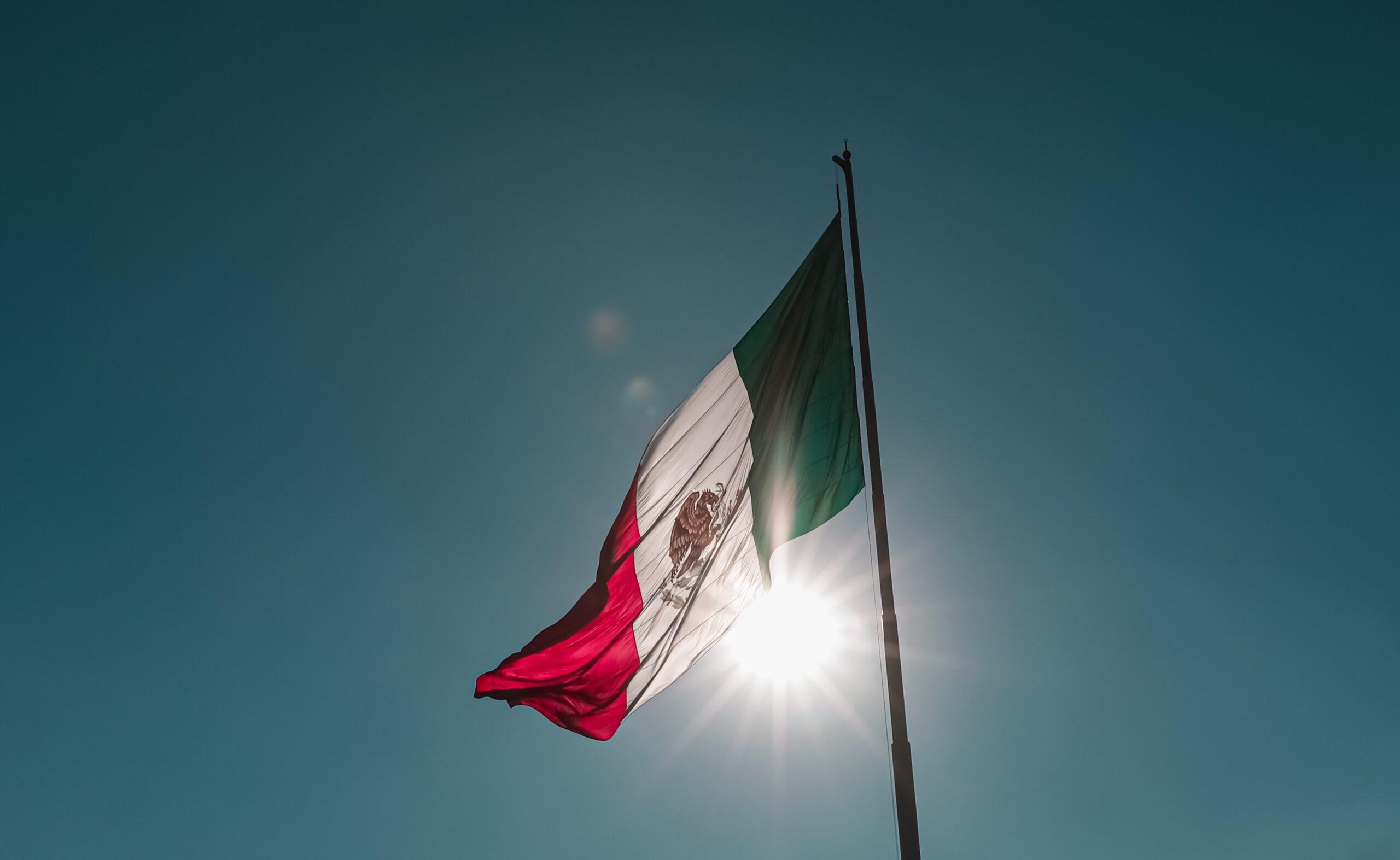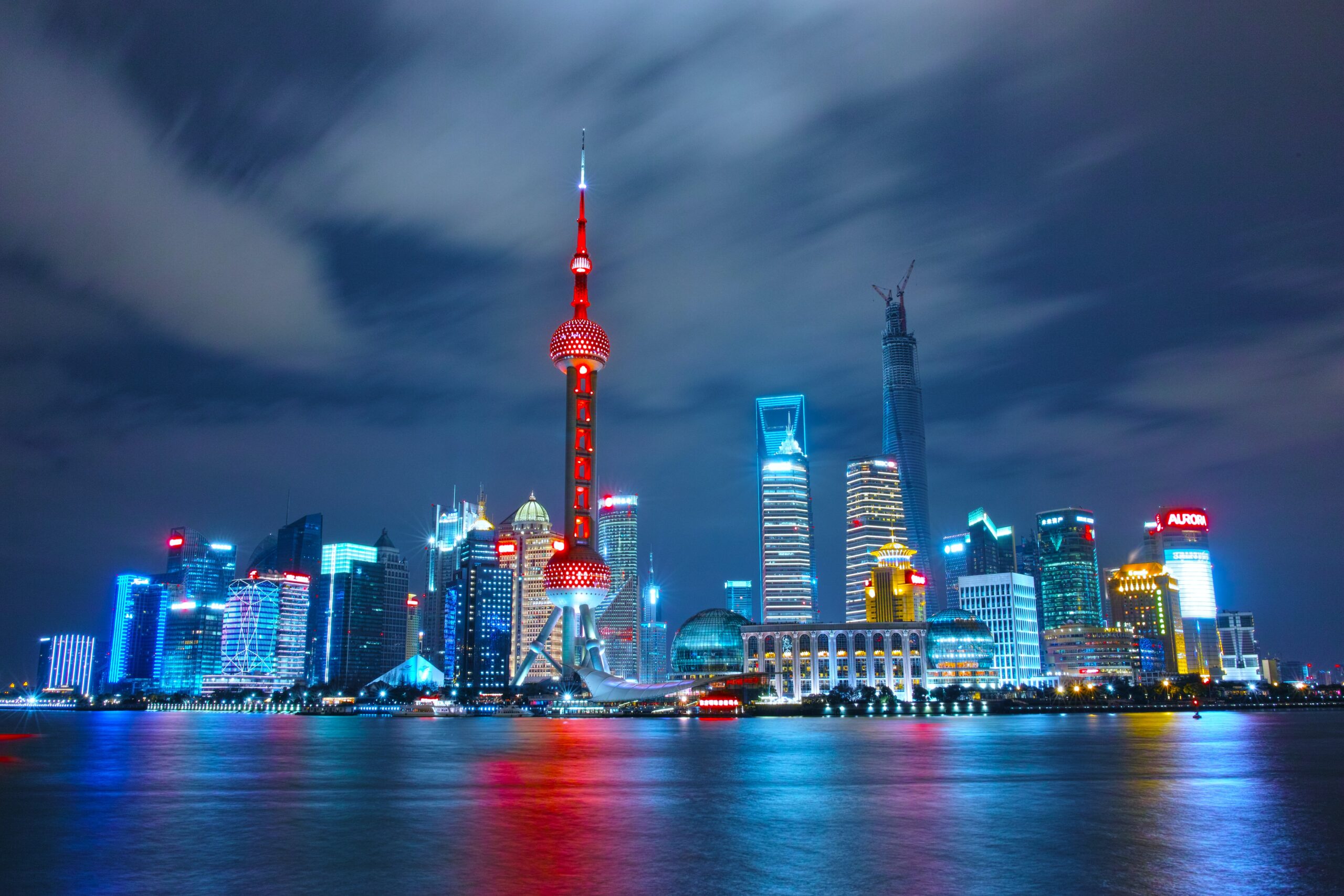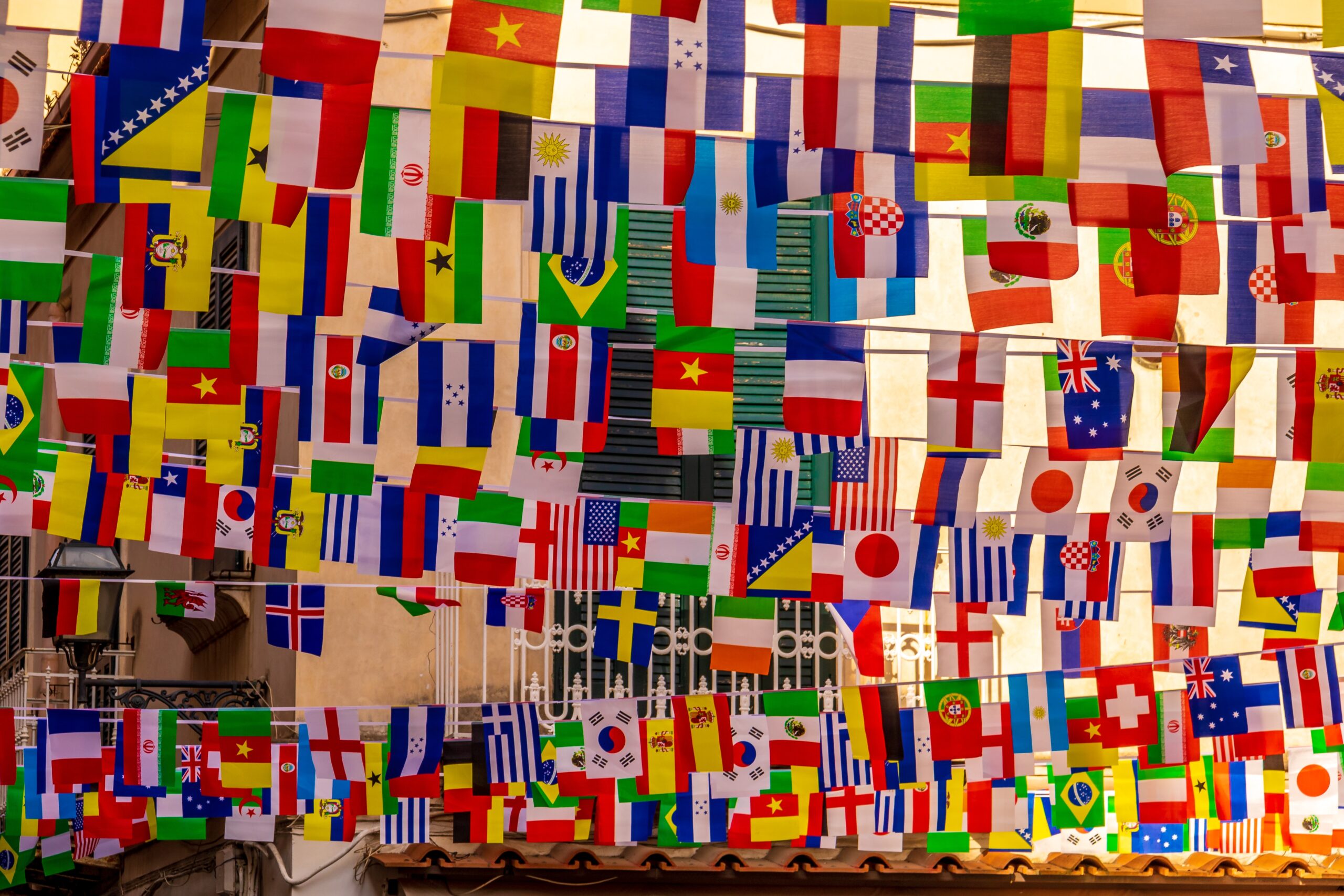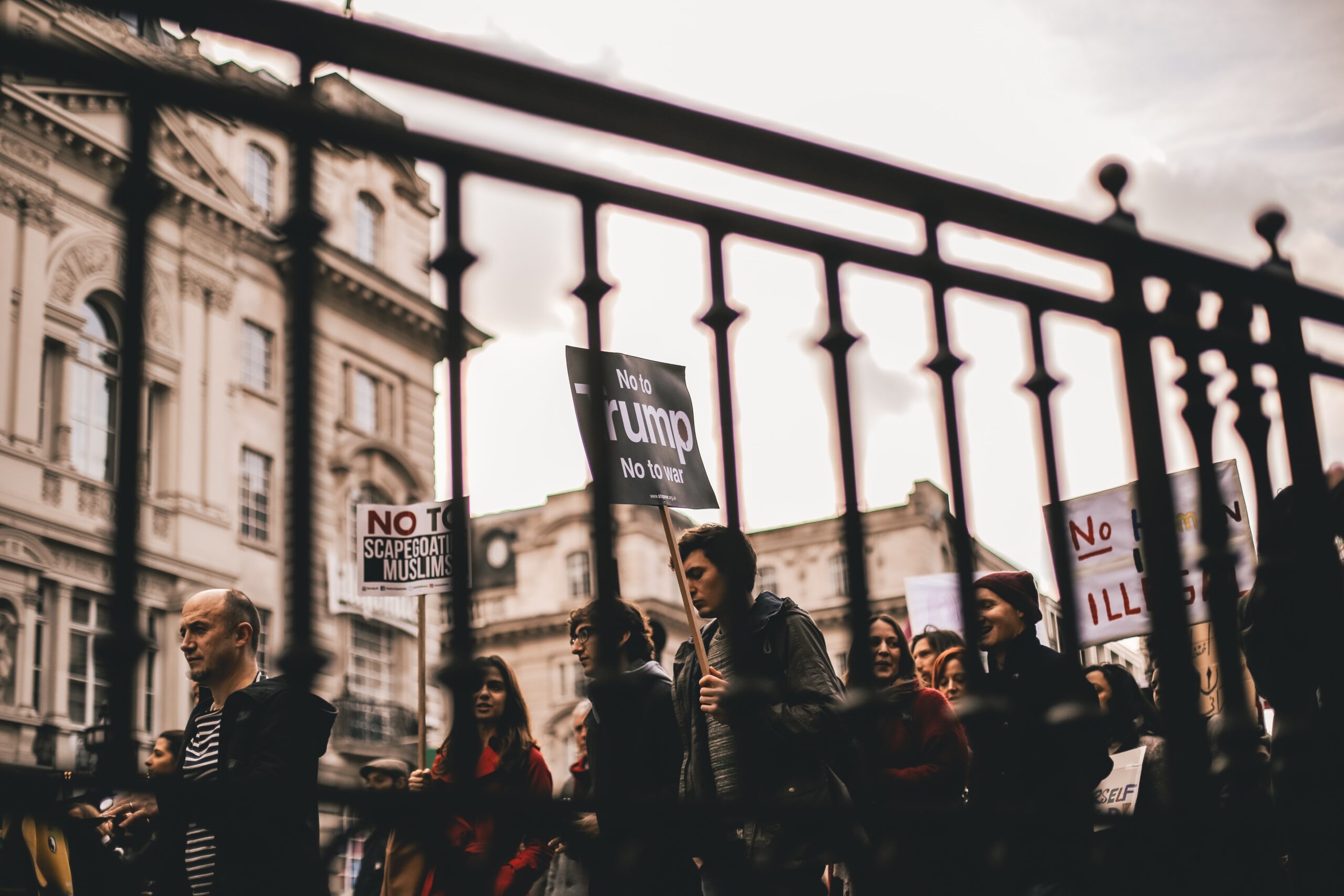Advances in ending violence, promoting the rule of law, strengthening institutions and increasing access to justice are uneven and continue to deprive millions of their security, rights and opportunities and undermine the delivery of public services and broader economic development. Attacks on civil society are also holding back development progress. Renewed efforts are essential to move towards the achievement of Sustainable Development Goal 16.
Technological transformations open new opportunities and disrupt old patterns. Founded in 2006, Center on Global Transformation (CGT) provides a new framework for vanguard exploration of topics critical to analyzing and…
As America has become more racially diverse and economic inequality has increased, American politics has also become more clearly divided by race and less clearly divided by class. In this…
Cash transfers attenuate one-half to two-thirds of the effects of higher temperatures on homicides. Our results not only suggest that social protection programs can help the poor adapt to rising…
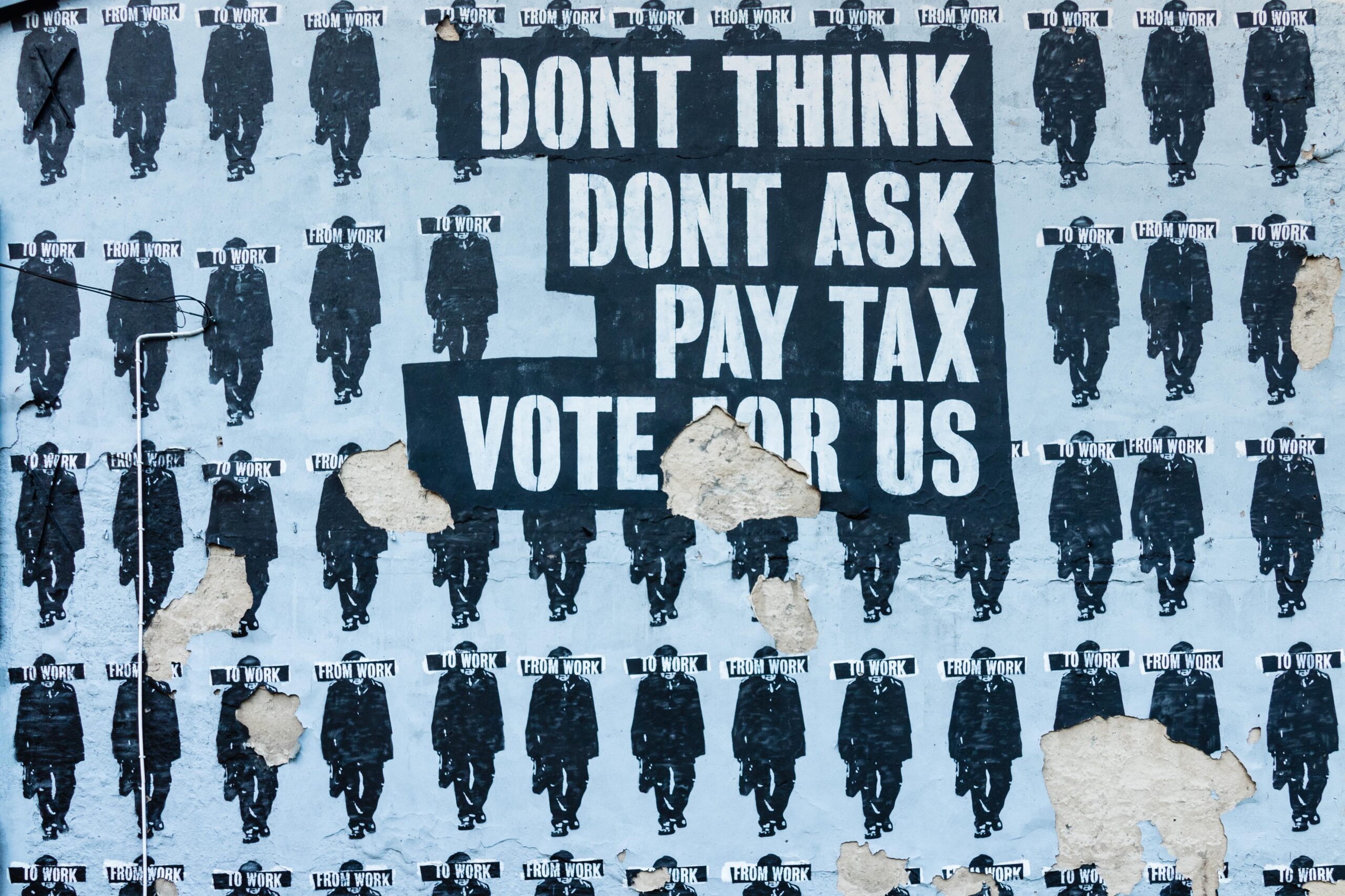
Pola, Katowice, Poland
How do external economic shocks influence domestic politics? We argue that those materially exposed to the shock will display systematic differences in policy preferences and voting behavior compared to the…
In this paper, Tai Ming Cheung examines the vision and paths put forward by China under Xi Jinping to build a militarily powerful and technologically advanced country, which is also…
We use a population resettlement program in Indonesia to identify long-run effects of intergroup contact on national integration. In the 1980s, the government relocated two million ethnically diverse migrants into…
The most common image of world politics involves states negotiating, cooperating, or sometimes fighting with one another; billiard balls in motion on a global pool table. Yet working through local…
Elections can enhance state legitimacy. One way is by improving citizens’ attitudes toward government, thereby increasing their willingness to comply with rules and regulations. We investigate whether reducing fraud in…
What are relative contributions of race and class to government responsiveness? Why do these inequalities exist in the first place? And under what contexts are disparities in responsiveness reduced? To…
Although American political institutions may forestall a reversion to electoral autocracy, we see some striking parallels in terms of democratic dysfunction, polarization, the nature of autocratic appeals, and the processes…



